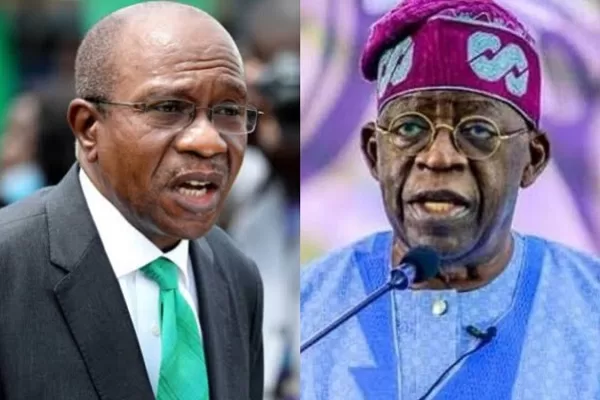While many sectors of the Nigerian economy have failed to live up to their billings, one sector continues to be resourceful by contributing to the growth of the economy.
The telecommunications and information service sector in Nigeria, according to information gathered, telecoms has contributed ₦2.508 trillion to the nation’s gross domestic product (GDP)
Read Also: Telecoms Sector: Your Call, Data Rates May Reduce, See Why
This represents a 14.13% contribution from the telecoms sector to the nation’s GDP in the first quarter of year 2023.
Contributions Of Telecoms Sector
The National Bureau of Statistics (NBS) showed that the sector recorded a 4.3%. increase from its performance in the last quarter of 2022 when it recorded 13.55%.
When compared on a year-on-year basis, the growth showed positive progression from 12.94% in the first quarter of 2022, to the 2023 figure of 14.13, which is an approximate growth of 9.19%.
Also, the report revealed that the contribution of the telecoms sector to the GDP was calculated from the 46 distinct sectors of the economy, which constitute telecom and information services baskets.
The Nigerian telecom industry has continued its show of positive outlook, which is credited to the innovative and predictable telecom regulatory environment promoted, and implemented by the Nigerian Communications Commission (NCC).
Key Contributors To Telecoms Growth
One of the key highlights of the telecom industry performance within the period was the generation of $820.8 million for the federal government from 5G spectrum licences fees paid by three eventual winning operators, MTN, MAFAB and Airtel.
You May Also Like: NCC, NLRC To Collaborate To Telecoms Consumers Interest
Another major development in the sector was the launch of Starlinks broadband services, a satellite-based wireless broadband services with potential nationwide coverage.
This followed the issuance of a licence to Elon Musk-owned SpaceX by the Commission. The services are now available in different parts of the country.

